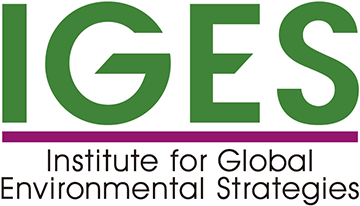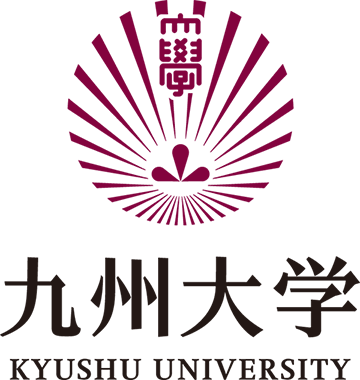Theme 3
Policy Shift towards Sufficiency Approach Aiming to Satisfy Needs under Environmental and Resource Constraints in Asia

This theme aims to contribute in policy design for sufficiency approach contributing to techno-social systems development controlling overall energy and resource consumption through decarbonisation and resource saving keeping within resource and environmental constraints such as planetary boundaries. To do so, this theme will utilize three related approaches; policy design, economic modeling, and case studies. Policy design component tries to come up with policy packages contribute to social system design which can control overall energy and resource consumption within planetary boundaries. Economic modeling component tries to evaluate effective policy approaches for enabling low carbon and resource efficient lifestyle by utilizing economic modeling reflecting ecological footprint, GHG emissions, and material footprint. Through case studies, it evaluates subjective well-being/sufficiency in the context of Asia. Also, it tries to address how mid-term/long-term goals of SCP or one planet living can be implemented at local level. Finally, this theme will assist overall S-16 research contributing to international policy dialogues relevant to SCP promotion in Asia and the Pacific region.
This theme is led by Institute for Global Environmental Strategies in charge of policy design by integrating modeling component and case studies component, along with Kyushu University, mainly in charge on economic modeling analysis, and Nanzan University in charge of evaluating subjective well-being and sufficiency in the context of Asia. It also collaborates with CSIRO in Australia and Chulalongkorn University in Thailand.




